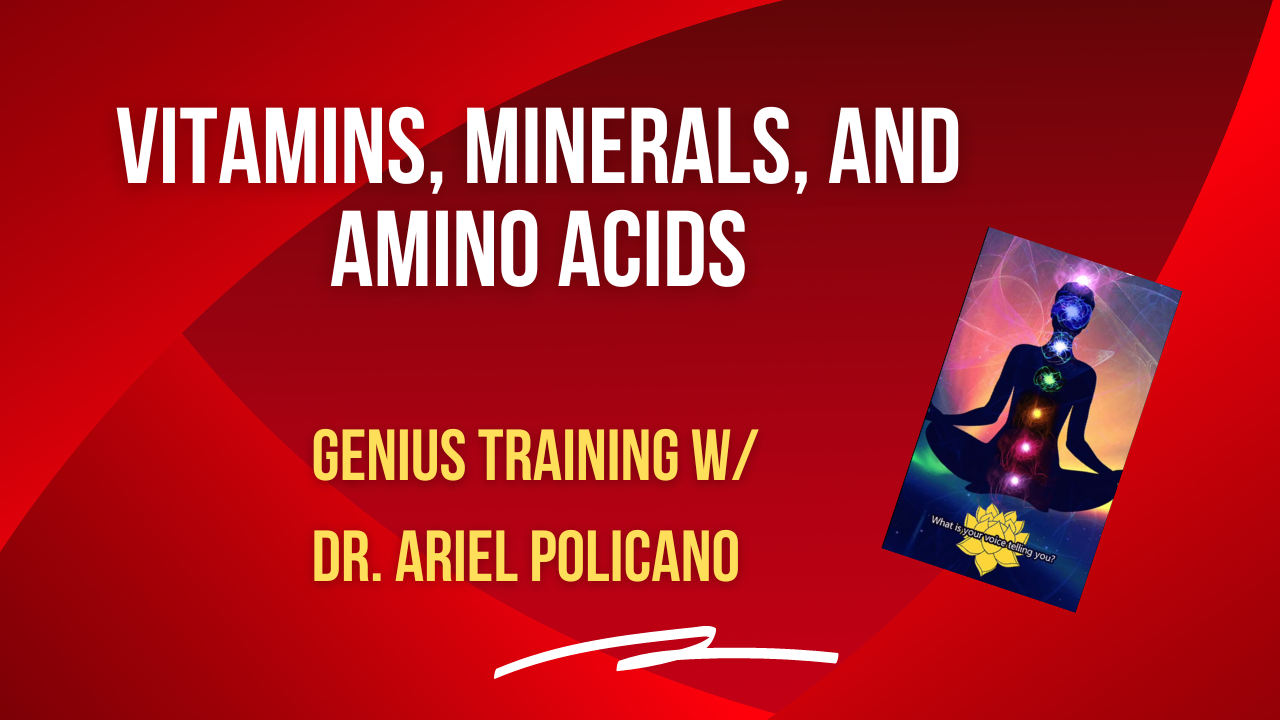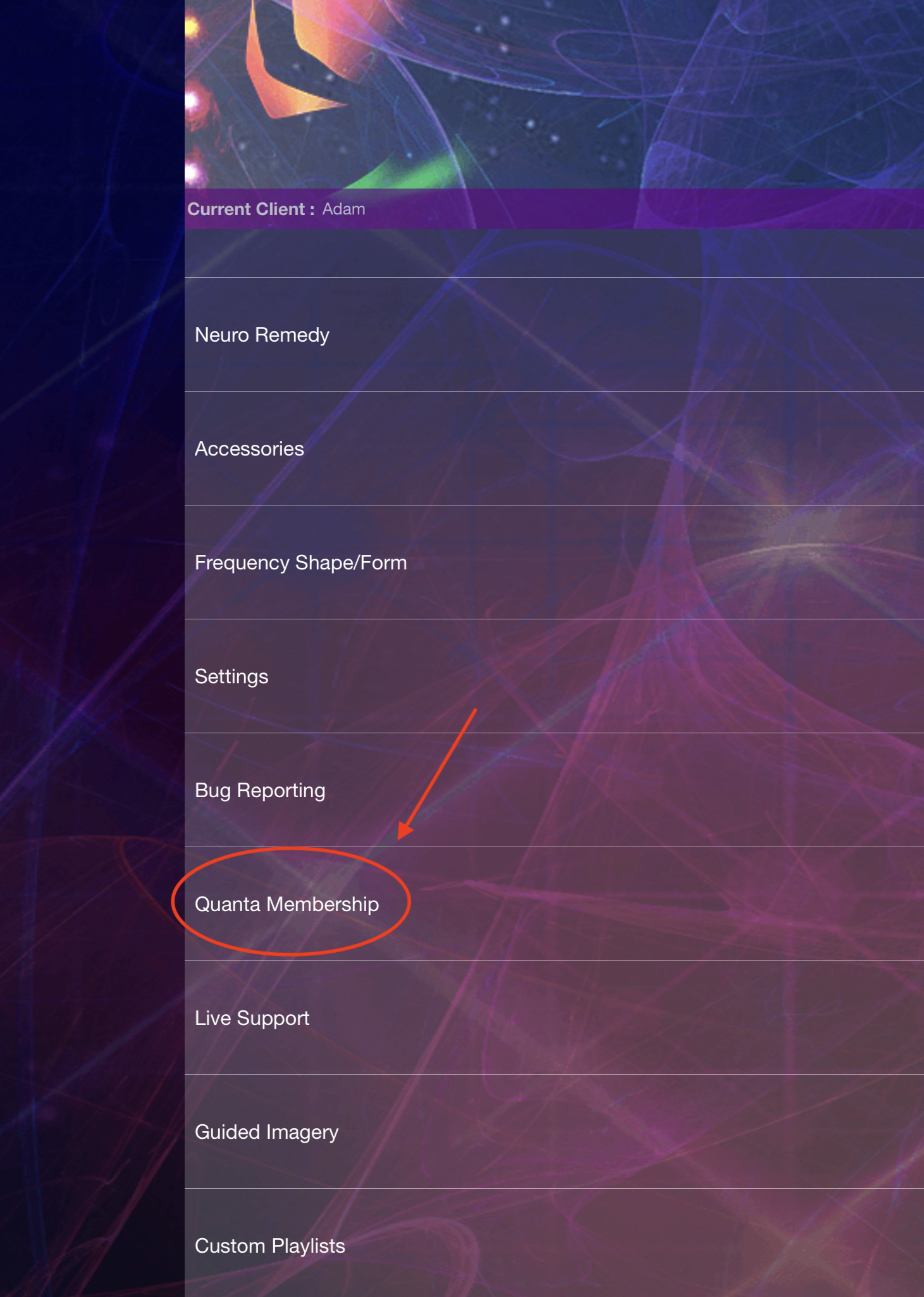How salt can affect your heart
We all know that getting refined sugar out of the diet is an important step to good health, but what about salt? It turns out that salt can be just as much a threat to good health but for different reasons.
Is it just table salt?
I am talking about all salt, including sea salt. Sea salt is still primarily sodium chloride with a few extra minerals in very small amounts included in sea salt. However, if you are talking about adding a small amount of true Celtic sea salt or Himalayan salt to your food, this can be possibly ok under certain circumstances.
The most important step is to eliminate processed foods that have sodium built into the product! So, check the labels, and yes, this means even the labels of prepared “health” foods or “natural foods”. Food companies are keenly aware that there are 3 ingredients that will surely induce you to purchase more and more of their product. They are sugar, fat…and salt.
Can you imagine doing a “salt detox”? That would mean removing the majority of processed foods from your diet for about 21 days. Instead, create your own meals from vegetables, fruits, legumes, seeds and other foods. Here are the reasons why this is so important as well as the benefits you are likely to experience from this!
Lowering salt helps your circulation to open up and perform better! Studies have shown that reducing your salt intake by as little as 1/2 teaspoon per day can significantly improve the functioning of your blood vessels. This means you can exercise and perform better and your circulation around your body is more efficient. The real secret to longevity is caring and preserving good circulation. I have talked about this with regard to the Bemer mat in the past. If you can use lifestyle changes to improve the quality of your circulation, it is absolutely worth the time to do it!
To give this more meaning, the inverse is also true. When you eat a high salt diet, you also decrease your vascular function. And it actually happens very quickly. The effects on circulation can take place within hours of eating the meal!
Why are vessels so adversely affected by salt?
It is because of the suppression of SuperOxideDismutase. This precious enzyme assists in the protection of our vessels. In fact, it can detoxify free radicals 1 million times per second! You see, the true damage to arteries comes not from cholesterol directly, but it is due to free radical damage that can come into contact and affect cholesterol that is deposited in the vessels. When this takes place, it becomes much more dangerous. It is the exposure to free radicals, as in this very uncanny way from salt, that is where we need to be careful.
We need to be extra mindful about the consumption of sodium. While it is perfectly great to get naturally occurring sodium in vegetables such as celery and tomatoes, and you might crave these vegetables in order to get that sodium. The real issue has been the food industry just infusing massive amounts of salt into practically any processed food that you may see on the shelves. Imagine the cumulative effect over a lifetime of eating even what we consider to be truly “health oriented” foods like Annie’s Soup or Pacific Foods soup or other prepared foods like these. These food companies all add soup as the easiest and cheapest way for you to consider that the food you are eating is good in taste.
The more salt, the less nitric oxide is produced. Sodium stiffens the arteries within minutes. The more salt, the more the arteries stiffen! The opposite effects are true with the consumption of potassium. Take everything we just said about sodium and flip it around! Potassium helps to relax vessels. Potassium, of course, is quite rich in most fruits as well as some vegetables. Some of the highest fruits and veggies in potassium include dark leafy greens, potatoes, squash, avocados, mushrooms and bananas!
To put a fine point on the need for a “salt” or “sodium” detox, there is evidence that lower salt consumption can lead to fewer heart attacks. You might wonder why this isn’t on the lead page of every health site and every news site online! It is because of the power of the food industry and its representative, the food lobby.
How much salt SHOULD you consume per day?
A good number to start with is anywhere from 1500mg to 2300mg total for the day. It is a bit difficult to track in all of your unprocessed foods but much easier in anything that comes with a label. When you begin to track your sodium, you will discover very quickly how it adds up.
I had been a big fan of Wildwood Sprouted Tofu which comes as baked toful as one of my main protein sources (These days I eat much less dense protein but that is a discussion for a different article) and it is absolutely laden with sodium, as much as 500-700mg per serving depending on the type of prepared baked tofu.
I also have concerns about the new exogenous ketone supplements. Some of these have 1300mg of sodium per package. Part of the reason they do is because people will tend to lose sodium when they are in ketosis. But what if that person does not achieve ketosis? Then they are seriously impairing their vessels for an outcome which is iffy at best from what I can tell. I would avoid these ketone supplements if you are concerned about sodium.
75% of dietary foods comes from processed foods. Remember that bread can also be a very high source of sodium laden food! Increase vegetables, fruit, beans and whole grains. For starches, instead of bread (unless you bake it yourself), consider delicious Yukon potatoes, butternut squash or yams or sweet potatoes. See if you can come out of your grocery or health food store with little or no packaged foods! It is an amazing and fun challenge. You CAN do it! And it is worth it.
In fact, it is SO worth it that researchers of a study about sodium consumption recently concluded that, “reducing dietary salt by 3g per day is projected to reduce the annual number of new cases of heart disease by approximately 60,000-120,000, stroke by 32,000-66,000 and myocardial infarction by 54,000 -99,000 and to reduce the annual number of deaths from any cause by 44,000-92,000. These are stunning statistics for the U.S. for doing just one thing: reducing sodium.
EnJOY a salt detox and get the benefits of healthy and happy circulation! It isn’t meant to completely eliminate salt from your diet. By all means, if you crave a pinch of sea salt, please enjoy it. When you eat a healthy plant-powered diet according to the foods you are craving, you will get all the sodium you need. And it will be well balanced with naturally occurring potassium in the foods!
Important research that this article was based on:
F Delahaye. Should we eat less salt? Arch Cardiovasc Dis. 2013 May;106(5):324-32.





